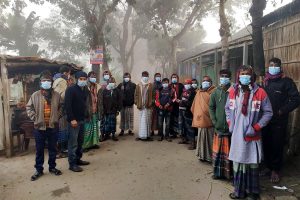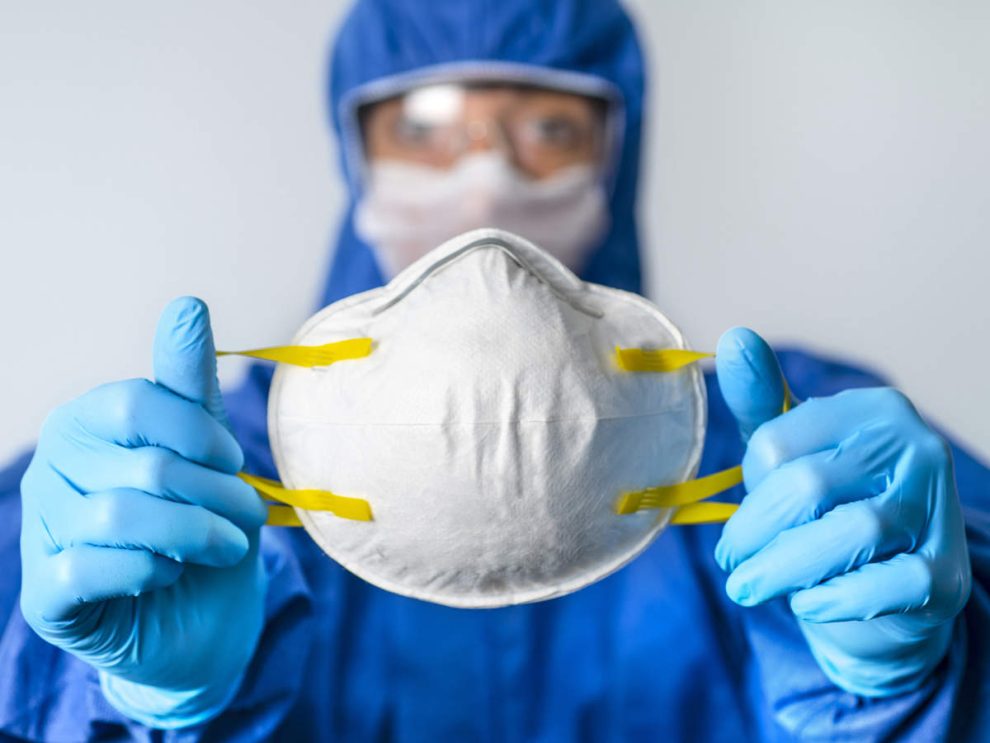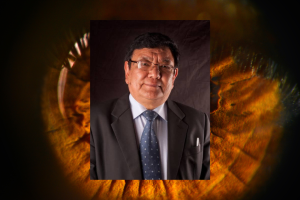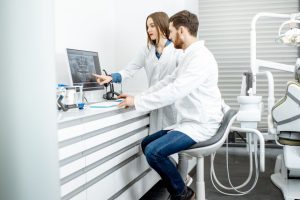As the world is still battling newer variants of COVID-19, a recent study has confirmed the suspicions that the use of masks can help prevent COVID -19. Research in Bangladesh involving over 340,000 people provides some of the most persuasive real-world evidence yet that mask-wearing can help the community halt the spread of Covid-19.
The study took place in 600 villages throughout rural Bangladesh. It is the biggest randomized experiment that shows the efficiency of surgical masks in preventing coronavirus spread.
Though prior research in labs and hospitals has shown that masks can aid limit the spread of Covid, the latest data confirm that value in the real world — and on a massive scale.
More about this research :
Laura Kwong, an associate professor of environmental health sciences at the University of California, Berkeley, and one of the study’s co-authors, said, “This is powerful evidence that blends the control of lab research with real-world human behaviors. It assists to see if we can persuade individuals to use masks and whether the masks function.”
On Wednesday, the nonprofit Innovations for Poverty Action published a pre-publication study online. The study was done by Yale University’s Kwong, Jason Abaluck, Mushfiq Mobarak, and Stanford University’s Ashley Styczynski and Steve Luby.
The research outcomes have significant implications for nations that rely on mitigation measures to limit the spread of the virus. However, there are lessons for countries like the US, where some towns are reimposing mask regulations to combat the delta variant outbreak.
“The main question we were trying to answer is: If people had access to masks and make people wear them, will they work?” Mushfiq Mobarak, a professor of economics at Yale, inquired.

In the five months since last November, Mobarak and his colleagues followed 342,126 Bangladeshi adults and randomly selected villages to implement programs to promote their use. This includes installing a free mask at home, providing information on its importance, and strengthening its use in the community.
The outcome of this research :
Among the estimated 178,000 people who were encouraged to wear them, scientists found that mask-wearing habits saw a 30 percent increment. Also, these behavioral changes lasted for ten weeks or more. In addition, researchers discovered an 11.9 percent drop in Covid symptoms and a 9.3 percent fall in symptomatic seroprevalence. This suggests that the virus was found by blood testing.
According to Mobarak, while the outcome may appear insignificant, it indicates who the most important people are.
“A 30 percent increase in mask wear has led to a 10% decrease in Covid. So, imagine if there could be a 100 percent increase – if everyone wore a mask,” he said.
Scientists say the masks significantly reduced the symptomatic infection in adults. They found that the surgical mask worked better than versions of the fabric. Kwong said the findings might be more critical in countries like the U.S., where people spend more time indoors than in rural Bangladesh.
“Right now, places say cover your face but don’t say what kind of face mask,” he said. “If schools and workplaces and other public places in the house would order a mask, they should be working to authorize a surgical mask.
Experts reaction to the results of this study :
According to Ajay Sethi, this study is “Impressive ” and “thoughtfully put together.” He is an epidemiologist and associate professor of community health sciences at the University of Wisconsin-Madison.
He went on to say that the research demonstrates that techniques for changing behavior could be applicable in communities. The US saw public health officials promote mask usage after they politically incorporated it.
“Normal behavior is what we need to address,” Seth said. “Acceptance and knowledge of why facial expressions, as well as the fact that the virus is sensitive, needs utilization.
Kwong and his colleagues are now extending their study to other Asian provinces and cities and Sub-Saharan Africa. Researchers also want to see how masks affect asymptomatic transmission.
Dr. Isaac Bogoch said the study helped strengthen the effectiveness of masks. It also stressed that people should see masks as interventions needed to stop the spread of Covid. He is an infectious disease doctor and professor of medicine at the University of Toronto.
“We need vaccines, better indoor ventilation, crowd control, physical interaction – all of these additional components of protection,” he said. “Masks are beneficial, but we can’t hide our way out of this epidemic.”
Also Read: Lambda Variant of COVID Might Dodge Vaccines.









